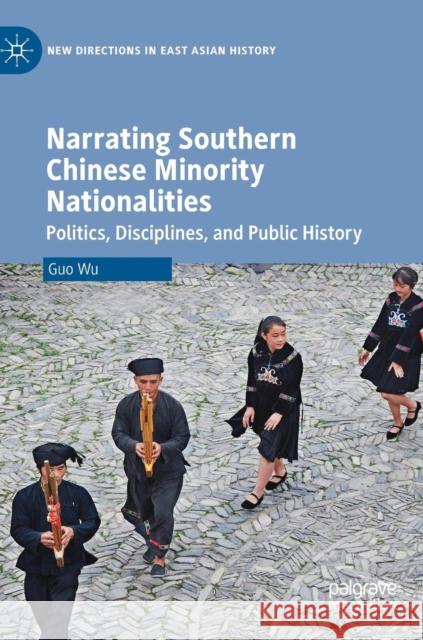Narrating Southern Chinese Minority Nationalities: Politics, Disciplines, and Public History » książka
topmenu
Narrating Southern Chinese Minority Nationalities: Politics, Disciplines, and Public History
ISBN-13: 9789811360213 / Angielski / Twarda / 2019 / 229 str.
Kategorie:
Kategorie BISAC:
Wydawca:
Palgrave MacMillan
Seria wydawnicza:
Język:
Angielski
ISBN-13:
9789811360213
Rok wydania:
2019
Wydanie:
2019
Ilość stron:
229
Waga:
0.43 kg
Wymiary:
21.01 x 14.81 x 1.42
Oprawa:
Twarda
Wolumenów:
01
Dodatkowe informacje:
Wydanie ilustrowane











